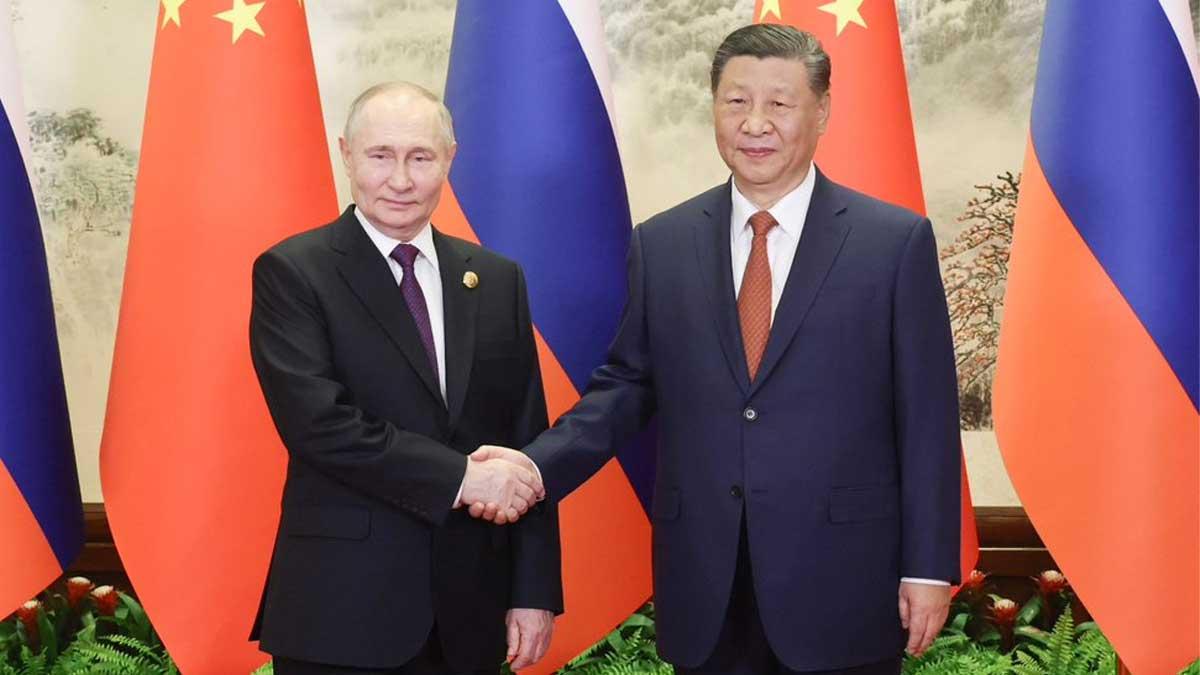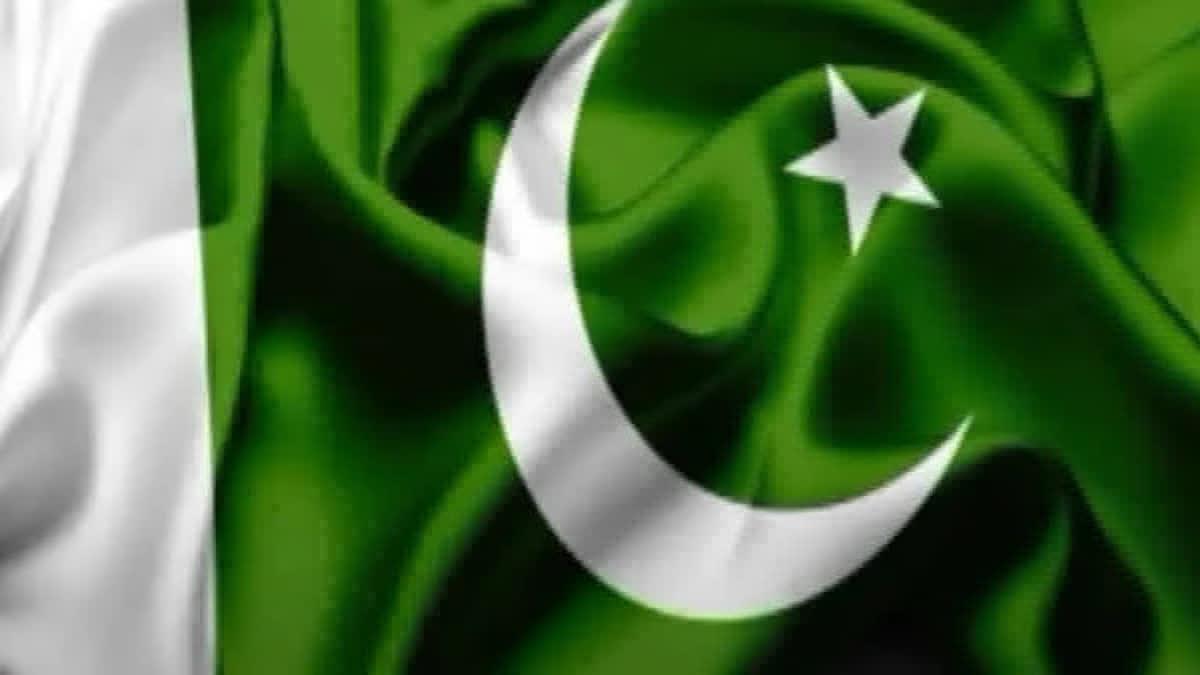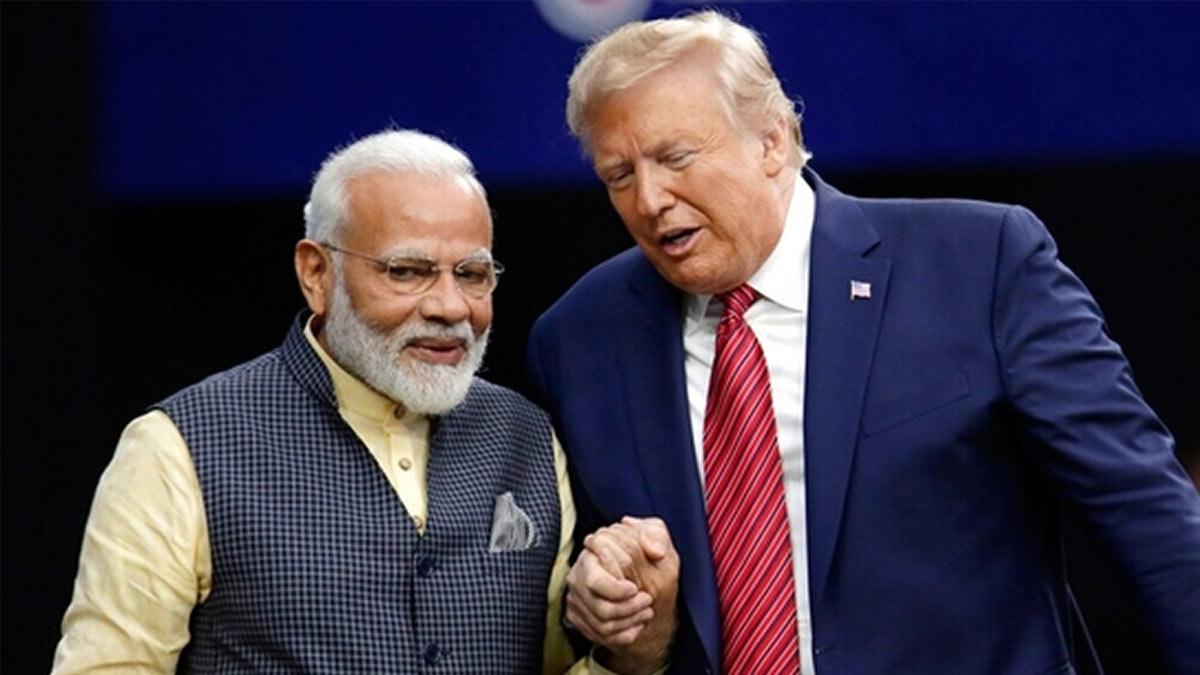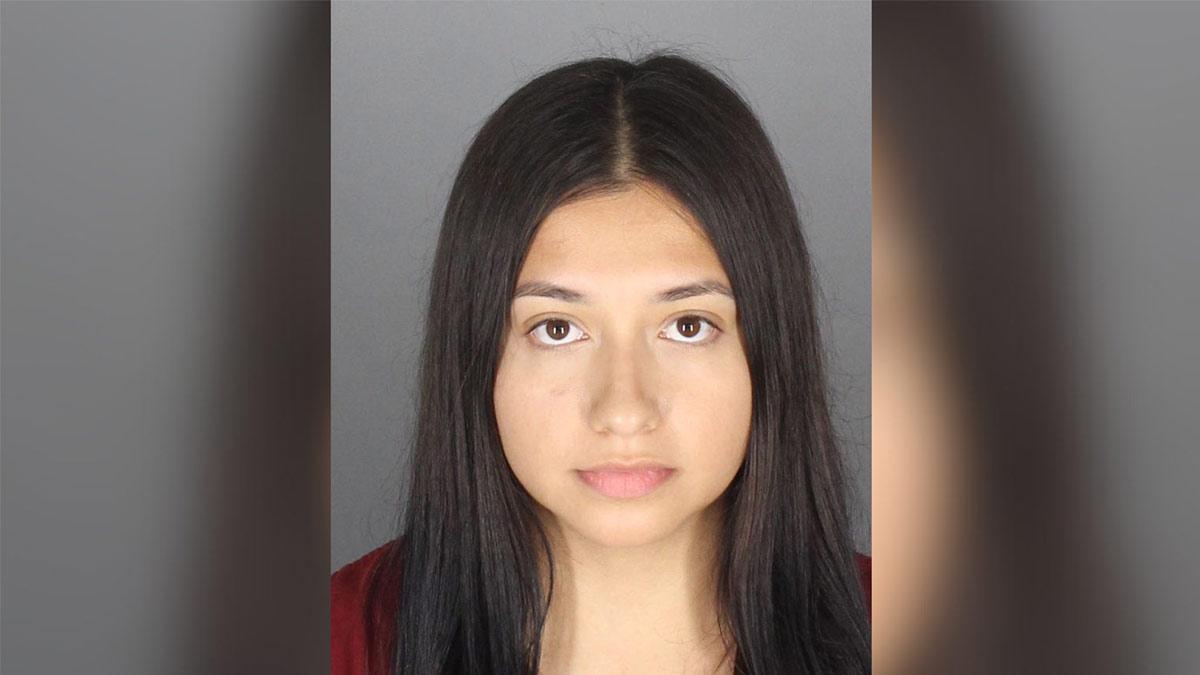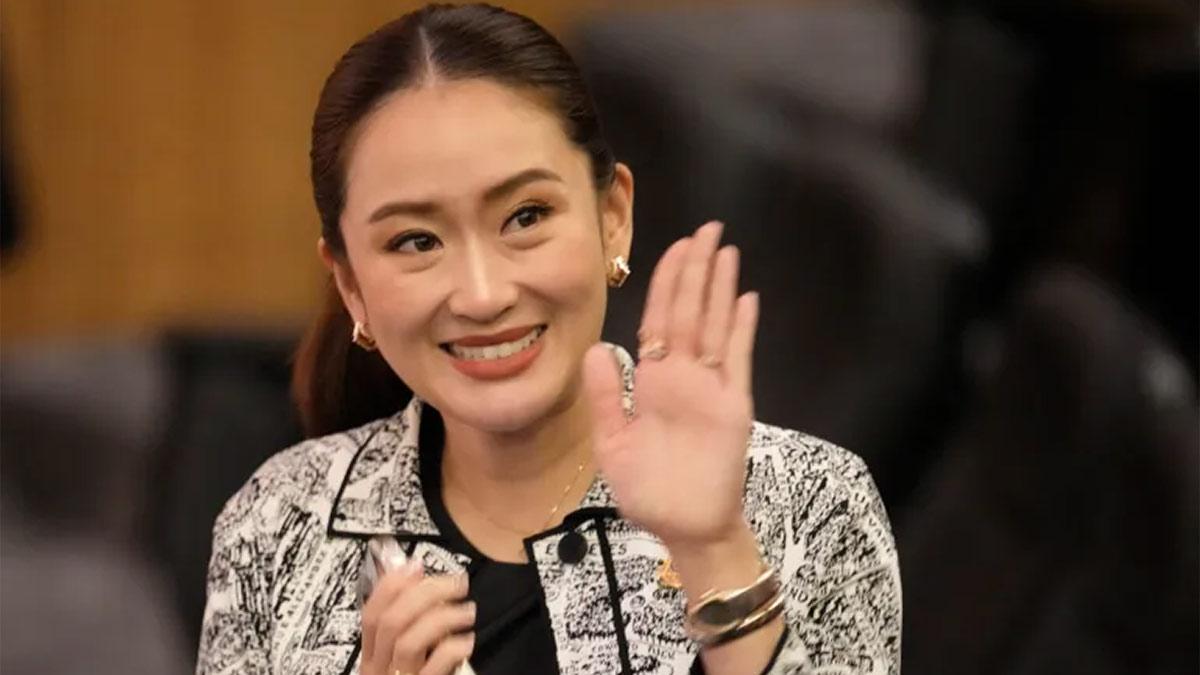Chinese President Xi Jinping and his Russian counterpart Vladimir Putin held talks on the future direction of their strategic partnership, which is under increasing heat from the US and the EU for China to reduce its support to Moscow in the continuing Ukraine war.
Putin's visit to China was the first foreign trip after getting re-elected for the fifth term at a time when the Ukraine crisis is heating up.
As Putin was received at the Great Hall of the People, Xi hosted a ceremonial welcome which included a guard of honor by the People's Liberation Army contingent. After the brief 15-minute ceremony, the two leaders, who are considered to be a close friend and ally, held talks.
Indicating the importance of Putin's visit, Yury Ushakov, foreign policy aide to the Russian president, said that China was deliberately chosen as Putin's first foreign trip after re-election, reciprocating Xi's similar goodwill gesture last year after getting elected for an unprecedented third term.
Ushakov stressed that the pivotal part of the Beijing discussions would occur informally behind closed doors. Within the '1+4 format' on both sides, the leaders would engage in substantive discussions regarding Ukraine, he noted.
Accompanying Putin, a sizable delegation comprised five deputy prime ministers, heads of economic, diplomatic, and security agencies, along with officials from key Russian entities such as the Federal Service for Military-Technical Cooperation, Russian Railways, Rosatom State Nuclear Energy Corporation, and the Roscosmos State Corporation for Space Activities, as reported by the Russian news agency Tass.
Additionally, senior officials from 20 Russian regions were present alongside Putin.
The bilateral deliberations were anticipated to center on trade, economic collaboration, and the strategic landscape shaped by Putin's actions in Ukraine, which also prompted US and EU pressure on China to distance itself from Moscow.
China emerged as the biggest beneficiary of Russia's oil and gas in the conflict over Ukraine.
For his part, Putin's visit to China, the second since October, came after Xi recently went to the European Union countries, including France, Serbia, and Hungary.
In the talks with French President Emmanuel Macron and EU Commission chief Ursula von der Leyen, Xi assured that China would neither sell arms to Russia nor would it take steps to curtail the flow of dual-use goods to its military.
Similarly, the US exerted pressure on China to refrain from arming Russia in support of its actions in Ukraine.
While Xi, 70, views his bond with Putin, 71, as a counterbalance to escalating US hostility towards China, Beijing harbored concerns over Putin's persistence in the Ukraine conflict.
While Beijing avoided openly supporting Russia's invasion of Ukraine, scrutiny ramped up on the "no limits" China-Russia strategic partnership from the US and its allies, which imposed the sanctions on Moscow and issued repeated calls for Beijing to use its influence to end the fighting.
The subsequent segment of Putin's two-day state visit to China would occur in Harbin, the capital of Heilongjiang Province.
There, Putin was slated to partake in the opening ceremony of the 8th Russian-Chinese Expo and the 4th Russia-China Forum on Interregional Cooperation, in addition to engaging with students and faculty at the Harbin Institute of Technology.
Read also | Israeli Government Refuses UN General Assembly's Push for Expanded Palestinian Rights
Read also | Biden Reform Agenda for Presidential Debates

